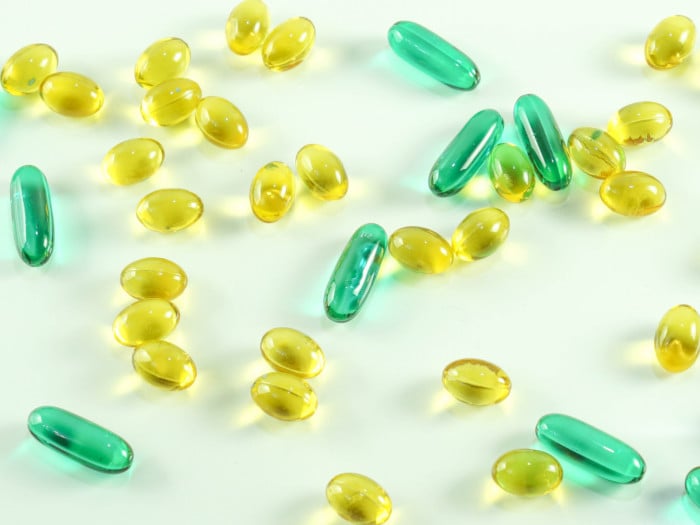Gel capsules play an essential role in modern medicine and health supplements, providing an easier, cost-effective and accurate dosage method.
What are Gel Capsules?
Gel capsules are specially designed capsules of a particular type of casing made from gelatin for medicines and supplements. These capsules are considered easier to take than hard tablets due to their shape and texture, as they are easier to swallow.
There are two different types of gel capsules:
- Soft-shelled gel capsules: They are used for liquid-based medicines, usually oils or ingredients held in oils. They were first invented in 1834 by two scientists, Mothes and Dublanc. They are hermetically sealed, protecting them from tampering and prolonging the lifespan of the contents. [1]
- Hard-shelled gel capsules: These capsules hold dry, powdered ingredients and are made in two parts. The two parts are then joined together to make one complete tablet. The two-piece, hard-shelled gel capsule was invented by James Murdock in 1847.
Both types of these capsules are made from gelling agents. A gelling agent is usually a protein derived from animal or plant sources. If a gel capsule is animal-derived, it is usually made out gelatin, which is collagen collected from specific parts of the animal, such as the bones. Plant-derived gel capsules are made from carbohydrate molecules. Different ingredients are added to both kinds of gel capsules to change the consistency, lifespan or color of the gel.

Made with gelatin casing, gel capsules are easier to take than hard tablets. Photo Credit: Shutterstock
Health Benefits of Gel Capsules
Gelatin is made from collagen, the key structural protein in bone and cartilage. Gelatin is thought to help bone-related disorders, such as arthritis and osteoporosis, and is widely known to be beneficial for the nails and hair. Gelatin is also used for weight loss and injury recovery. As well as being easier to swallow than hard tablets, a gel capsule (both plant- and animal-derived) can be digested easily, ensuring that the medicine inside reaches the body within minutes of swallowing. [2]
Side Effects
Evidence suggests that soft and hard gel capsule casings are likely to be safe for most people, whether they are derived from plants or animals. However, some people are allergic to gelatin, so seek immediate medical attention if you experience any allergic reactions after taking gel capsule medication. Gelatin-formed gel capsules are not suitable for vegetarians or anyone who is allergic to beef or pork, due to their source. It is always advisable to consult a medical professional before taking medication or food supplements when pregnant or breastfeeding. [3]
